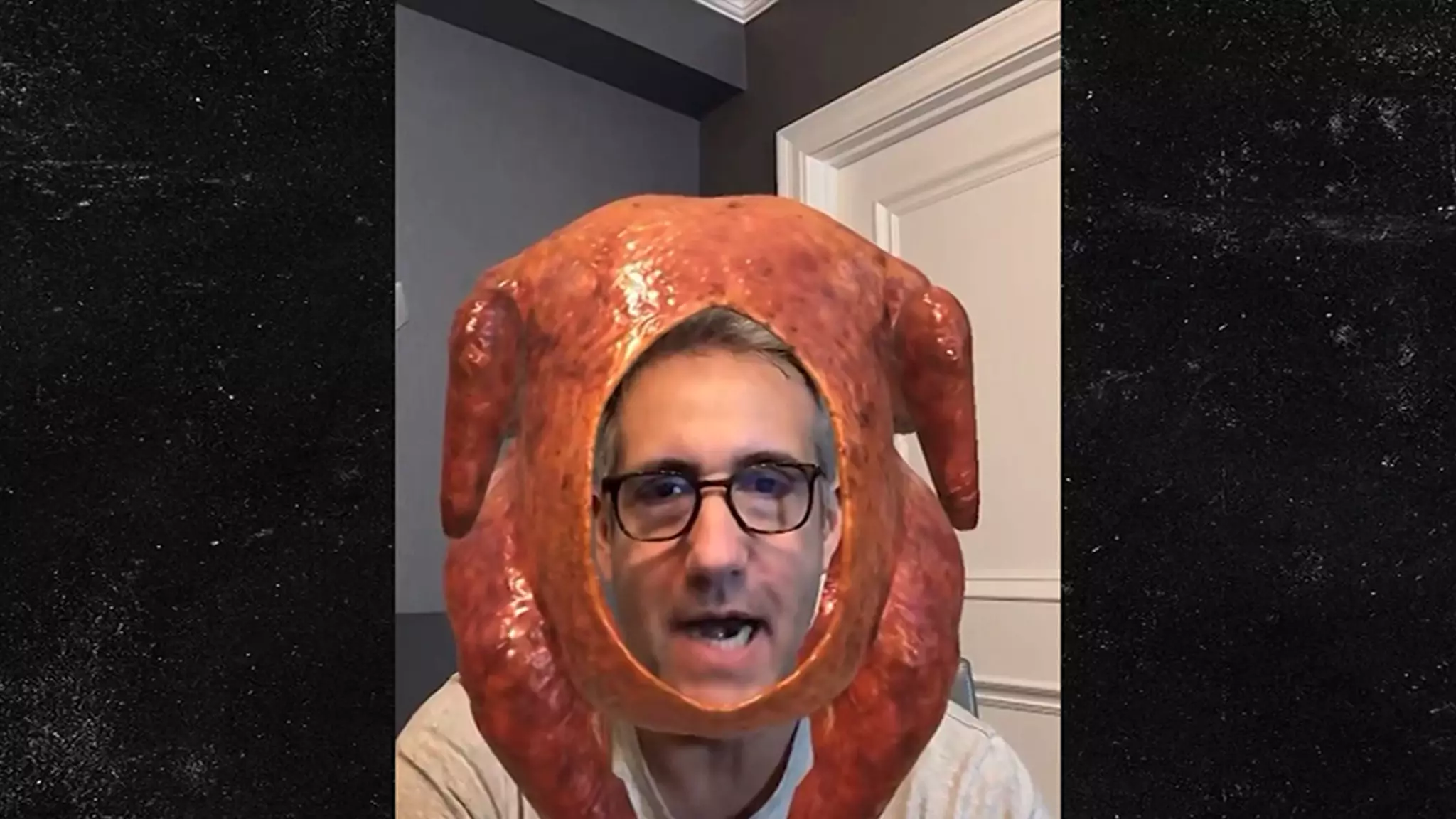In the ever-evolving landscape of social media, figures like Michael Cohen emerge as polarizing personalities, captivating and antagonizing audiences simultaneously. As a former lawyer for Donald Trump and a figure of controversy due to his past legal troubles, Cohen presents a unique case study in the ramifications of celebrity within the digital realm. Recently, after stating in jest that he would leave the country if Trump were re-elected, Cohen became a target for relentless internet trolling. The comments were not merely dismissive; they were laden with a sardonic twist, compelling him to engage in a defensive stance that ultimately detracted from his original message.
Cohen’s quip about seeking a foreign passport, which he made in September, was intended to be lighthearted, an ironic commentary on the political climate. However, humor is often lost in translation across digital platforms, leading to misinterpretation and exacerbated ridicule. By declaring his intent to stay in the United States amidst a torrent of online hostility, Cohen inadvertently highlighted a broader issue: how the internet facilitates a culture of instantaneous backlash, where humor is dissected, misconstrued, and weaponized. His attempts to reclaim his narrative were further complicated by the fact that detractors could purchase animated graphics, such as a turkey head, to overlay on his image—an act that serves both as an affront and as a commentary on the commodification of controversy.
Cohen’s defensive retorts, including his threats to block offending followers, did nothing to alleviate the situation. Instead, they acted as fuel to the fire, spawning additional waves of trolling and mockery. This scenario represents a classic case of the “troll cycle”, where attempts to quell dissent only incite further derision. By engaging with trolls, Cohen becomes ensnared in a cycle of negativity that amplifies their intended malice, raising questions about the efficacy of defensive tactics in an online environment engineered for confrontation.
The Shadows of the Past
Cohen’s past, which includes two years spent in prison for crimes linked to campaign finance violations and fraud, casts a long shadow over his public persona. This history complicates his relationship with both supporters and critics alike. While he penned the memoir “Disloyal” that outlines his turbulent ties with Trump, his credibility is often scrutinized. Critics utilize his past to validate their trolling, effectively weaponizing his history against him in a digital forum where anonymity fuels boldness.
Interestingly, the trolling Cohen faces can be viewed through an economic lens. Content creators often find that engagement—whether positive or negative—can translate into monetary gain. By making himself a target of ridicule, Cohen inadvertently participates in a system where troll-induced controversies can lead to revenue opportunities. While he might desire to condemn his detractors, the same trolls potentially enrich him, illustrating the complex relationship between outrage culture and financial incentives for influencers.
Michael Cohen’s online existence not only embodies the challenges faced by those in the public eye but also serves as a reflection of the contemporary social media environment—where humor, humanity, and hostility intersect in unpredictable ways.

Leave a Reply